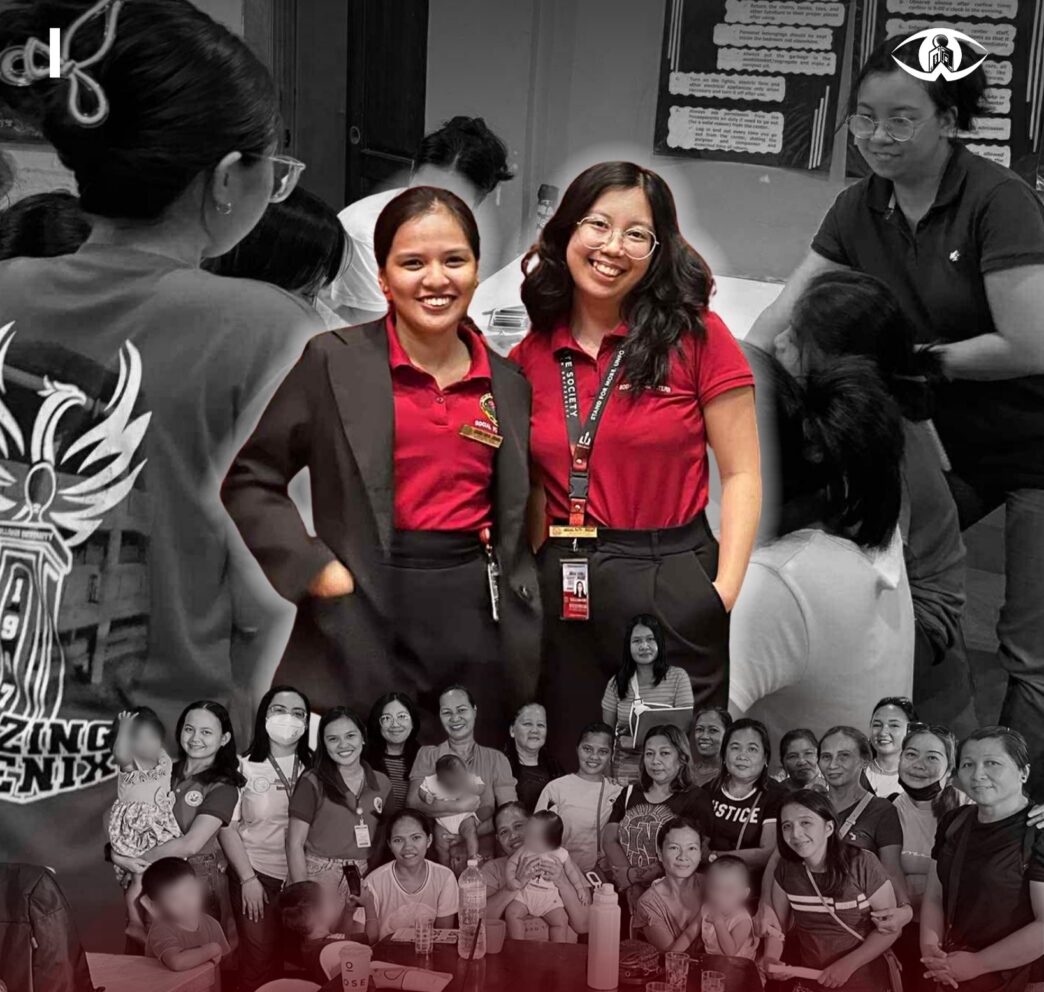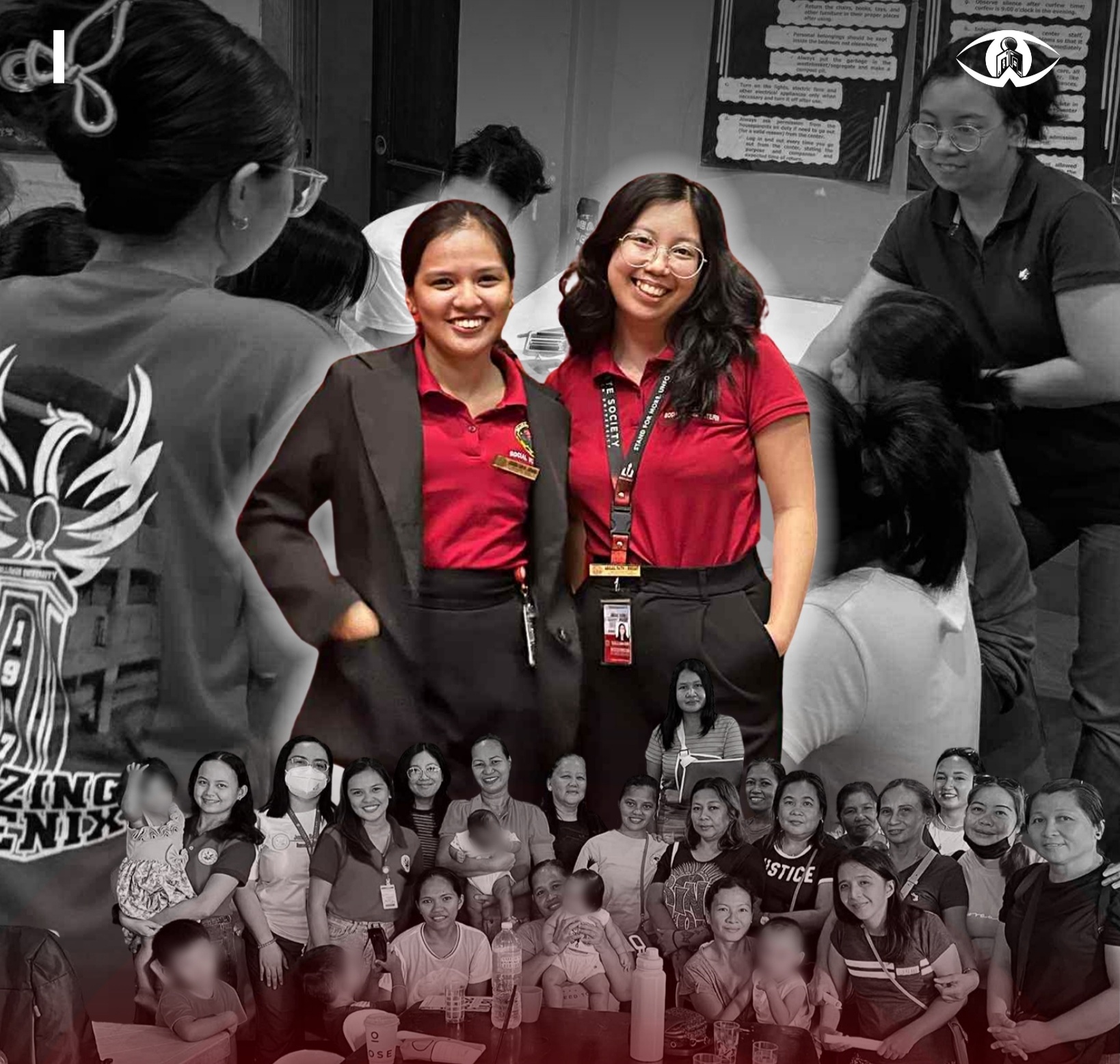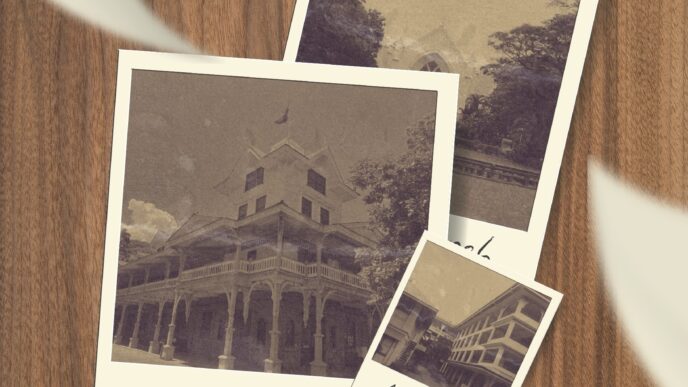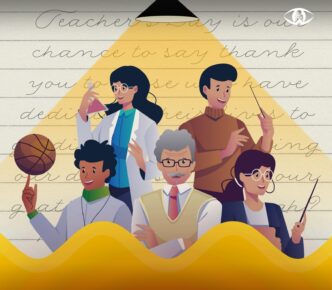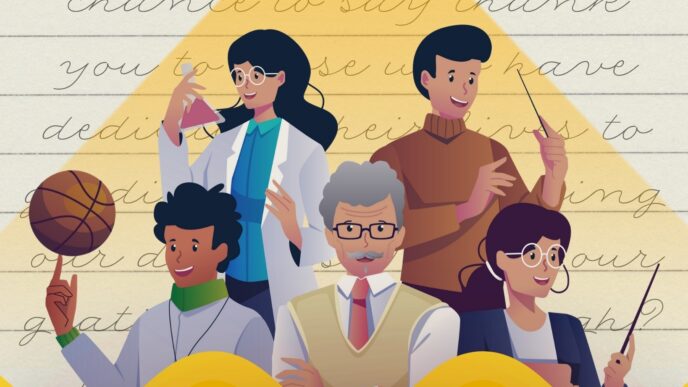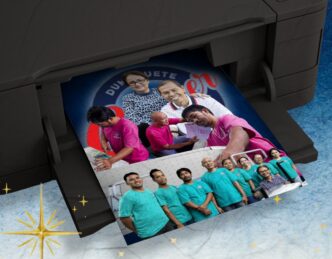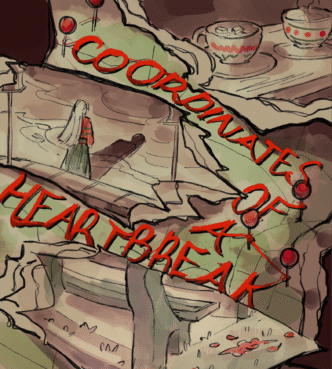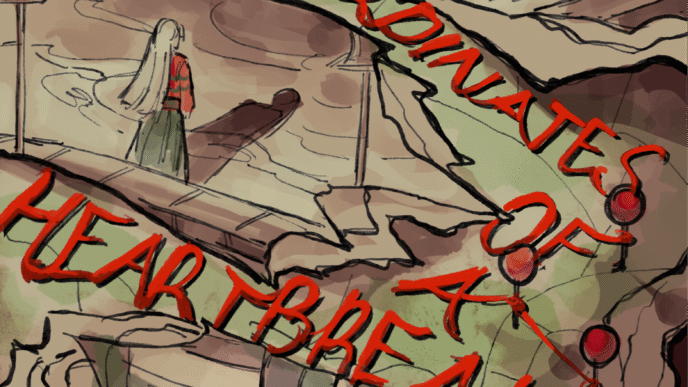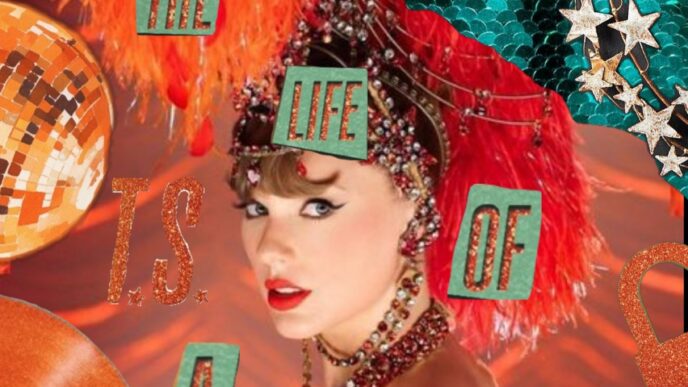By Lara Charmaine Lagorra
“The results came out at midnight, and it took me a while to process. I had prayed for it, aimed for it—not just for myself but for my review center, family, and my department.”
From classrooms to community fields, a humble Silliman alumna’s golden heart becomes a beacon of determination as she ranks ninth in the 2025 Social Work Licensure Examination.
This is Abigail Faith Maraat’s story.
The First Leap
Born to missionary parents, Abigail’s childhood unfolded far from the Philippines, in the vibrant environment of Ulaanbaatar, Mongolia. There, she grew up immersed in the humanitarian work surrounding her family and their church’s community.
“I was surrounded by Non-Government Organizations and people doing mission work—I really wanted to do something like that but I didn’t really know how to get there [at first],” she recalled.
It wasn’t until Abigail entered college where she found clarity in her path. Choosing a course was a critical step, and social work initially was not her immediate career plan. But she soon realized that social work encompassed subjects that aligned perfectly with her desire—to make a real impact in the community.
Through this new opportunity, she carefully balanced the rigors of social work life and her timid but creative personality that shines beyond the classroom.
She served as class representative for the Junior Social Workers Association of the Philippines (JSWAP) during her sophomore year, and was an active member of the Silliman University Debate Society (SUDS) throughout college. Beyond debate, Abigail also briefly found refuge in Silliman Writers Bloc, a community that allowed her to cultivate her creative side.
“Having an avenue where I could also nurture the creative part of myself, not just the social worker part, was kind of like a form of self-care that helped enrich my last few months in college,” she reflected.
Beyond Paperworks
The realities of social work is not a glamorous career as some may perceive. Abigail shared that they often confront some of the harshest aspects of life. In spite of this, they are trained to uphold the inherent dignity and worth of every human being.
As catalysts of social change, they work with people. Whether individuals or communities, they are active collaborators in the “Helping Process,” focusing on empowering people and helping them gain agency, while also advocating on their behalf.
Here they witness true social transformation applying what they learn in the classroom to the field, finding meaning in how individuals interact with society. They assess a client’s available services, identify gaps, and provide necessary interventions.
“You can learn a lot of things theoretically [and] intellectually, but if it is not paired with field work or exposure, you don’t get the character that you need to face those communities in certain situations,” Abigail remarked.
She also emphasized stories of her time in the International Service Learning Program while she was a student. Under the program, she helped escort foreign students from Tokyo as they immersed themselves in Silliman’s community partners—spending nights in local shelters and youth homes in the city, while working closely with these groups.
Their program also offered daily mentoring and monthly retreats for students to reflect on field experiences and manage emotional demands. This was an avenue to provide support and create a dependable environment where they all have each other’s back.
Building on this strong foundation of camaraderie, Abigail’s mindset and the encouragement from everyone around her, helped her persevere through difficult moments during her exam preparation.
She acknowledged that her success is not hers alone.
Each institution she belonged to contributed to her growth. The environment of the social work program at Silliman University taught her what it truly means to be a social worker; her high school, Bacolod Trinity Christian School, instilled the discipline and foundational knowledge she needed; and her review center, ERTC Bacolod, prepared her on what to expect on the board exam.
“I’m thankful for a supportive group of people who created a safe space for me and helped me grow. Every single teacher I was part of—their classes, majors and minors—they really had something that was inputted into me,” Abigail said.
The Next Step
After passing and topnotching the licensure exam, Abigail thoughtfully plans her next steps in applying her skills in the field.
“As long as there are social problems, there is always a need for social workers. We are integral to the well-being of society, just as much as other helping professions are,” she exclaimed.
She urged aspiring social workers to remember their passion for the community, despite the hurdles they face. For her, it is a training ground to prepare them for the future of a country that needs passionate young social workers committed to helping communities.
“The burnout and disillusionment, and the loss of passion is sometimes inevitable. Sometimes the work is unforgiving, and sometimes the pressure is too much. But I made it out, seeing the light at the end of the tunnel,” Abigail said.
Like Abigail, all aspiring and registered social workers are partners in building resilient, empowered communities. With hearts of gold, they witness harsh realities but also the incredible strength of the human spirit, connecting with clients often overlooked by society.
These social workers are everywhere, from hospitals, courts, NGOs, and youth centers, doing far more than most realize to support and uplift those in need.

